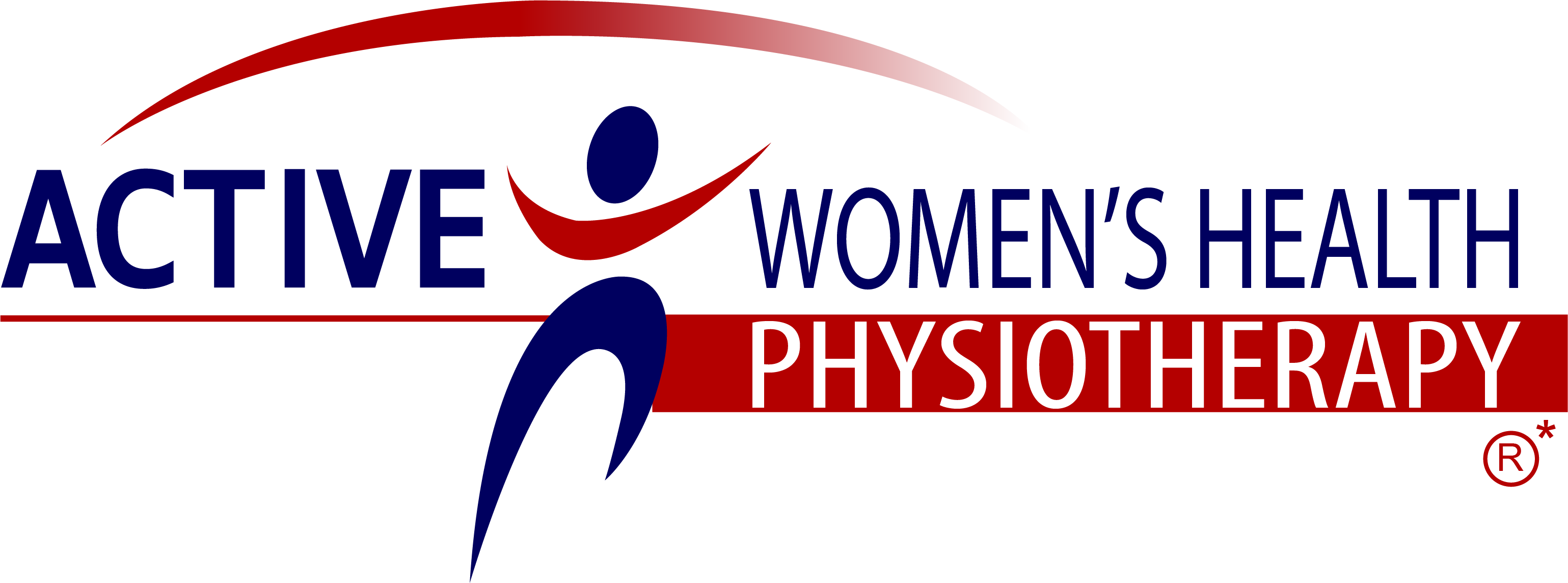
Yoga is wonderful for decreasing anxiety and hypervigilance
Another of the Nuggets associated with our pain relaxation class.
Hypervigilance is an enhanced state of sensory sensitivity accompanied by an exaggerated intensity of behaviours whose purpose is to detect threats. Hypervigilance is also accompanied by a state of increased anxiety which can cause exhaustion.(1)
It is commonly associated with chronic or persistent pain conditions and anxiety conditions.
It is characterized by increased physical and psychological arousal. Physically, the person may sweat, their heart rate increases, their bladder spasms, they may have bowel cramps and breathing may become shallow and rapid. They may have delusional or paranoid thinking.
Numerous studies suggest that anxious individuals are more hypervigilant to threat in their environment than non-anxious individuals. Anxious individuals are constantly looking out for signs of threat or harm in their environment and selectively attend to stimuli signalling possible danger, especially if the situation is new, or relatively unfamiliar, or potentially intimidating.
Telling people to simply stop worrying is not going to work.
A few things do seem to help reduce the intensity of hypervigilance.
(You know many of these but we will repeat them again to reinforce how important it is to do regular practice of these strategies.
- Exercise, which helps to burn adrenaline and release feel-good hormones at the same time.
- Dance – it needs its own category because it’s such a special exercise. The endorphins released from the rhythm of the movement and the music have a powerful effect on downgrading hypervigilance.
- Relaxation
- Yoga
- Meditation
- Mindfulness
- Talking to someone who has a calming influence
- Keep social contact (with positive friends and acquaintances)
- Decrease the amount of screen time – Facebook and other social media (unless you have a group of friends on there that help you in a crisis)
- Watching comedy shows
- Stop watching or listening to the news, politics or talk-back shows
- Breathing awareness
- Be aware of upper chest breathing
- Be aware of tummy breaths
- Be aware of breathing in slowly and deeply, holding for four seconds then slowly breathing out as though expelling more air than was breathed in, may be helpful if anxiety builds as a result of perceived threats.
- Be aware of relaxing your scalp, forehead, jaw, shoulders, tummy, pelvic floor and inner thighs as you breathe out and feel the warmth flowing into the palms of your hands as you let go of everything.
Take this information to assess whether you are overworking attention to threat and this may be increasing the stress hormones increasing your anxiety and or pain. Be proactive with some of the strategies to decrease the threat level and decrease pain and anxiety.
Part of this week’s Nugget is taken from a blog by Jerry Kennard http://www.healthcentral.com/anxiety/c/4182/156620/hypervigilance/
- Definition from Wikipedia https://en.wikipedia.org/wiki/Hypervigilance


Reblogged this on The Life Of Von and commented:
Hypervigilance so often accompanies adoptees through life due to early trauma and loss.”Take this information to assess whether you are overworking attention to threat and this may be increasing the stress hormones increasing your anxiety and or pain. Be proactive with some of the strategies to decrease the threat level and decrease pain and anxiety” Thanks to Jerry Kennard for the original blog post and to Sue for passing it on.